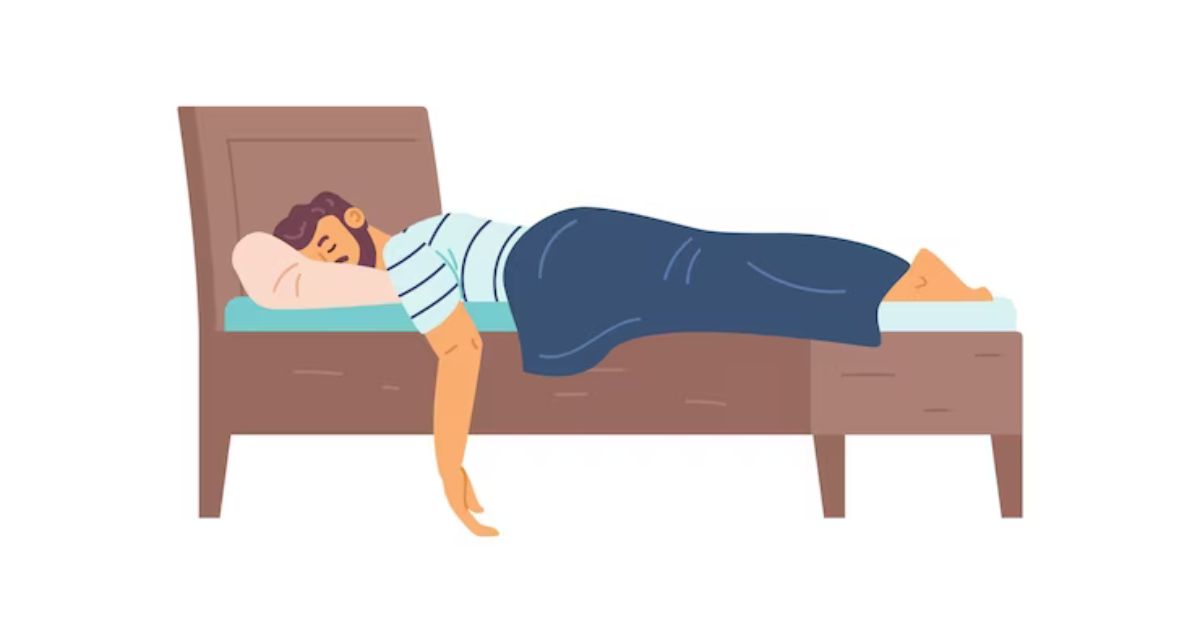Effective Treatment Options for Heartburn Relief


Heartburn is a common and uncomfortable condition that affects millions of people worldwide. It occurs when stomach acid backs up into the tube that carries food from your mouth to your stomach, known as the esophagus. This acid reflux can cause a burning sensation in the chest, often accompanied by a sour taste in the mouth. While occasional heartburn is normal, frequent or severe heartburn can be a cause for concern. Fortunately, there are several effective treatment for heartburn options to provide relief and improve your quality of life.
Understanding the Causes of Heartburn
Before delving into treatment options, it’s important to understand the causes of heartburn. Heartburn is typically caused by a weakening of the lower esophageal sphincter (LES), a ring of muscle that acts as a valve between the esophagus and the stomach. When the LES relaxes inappropriately or weakens, stomach acid can flow back into the esophagus, leading to the discomfort and burning sensation associated with heartburn.
Lifestyle Changes for Heartburn Relief
For many people, simple lifestyle changes can go a long way in managing heartburn. Here are some effective strategies:
- Dietary Adjustments: Certain foods can trigger or worsen heartburn. Common culprits include spicy, fatty, and acidic foods, as well as caffeine and alcohol. Limiting your consumption of these triggers can reduce heartburn symptoms.
- Portion Control: Overeating can put extra pressure on the LES, increasing the risk of heartburn. Eating smaller, more frequent meals can help alleviate this pressure.
- Maintain a Healthy Weight: Excess body weight, particularly around the abdomen, can contribute to heartburn. Losing weight through diet and exercise can be an effective way to reduce symptoms.
- Elevate the Head of Your Bed: Raising the head of your bed by 6 to 8 inches can help prevent stomach acid from flowing back into the esophagus during the night.
- Avoid Eating Close to Bedtime: Eating shortly before lying down can increase the risk of heartburn. Try to finish your last meal at least two to three hours before bedtime.
Over-the-Counter Medications
When lifestyle changes alone aren’t sufficient, over-the-counter (OTC) medications can provide relief from heartburn. There are several types of OTC medications commonly used for this purpose:
- Antacids: These medications work by neutralizing stomach acid. They provide quick relief from heartburn symptoms but are typically short-acting. Brands like Tums and Rolaids are readily available and can be effective for milder cases of heartburn.
- H2 Blockers: Histamine H2-receptor antagonists, or H2 blockers, decrease the production of stomach acid. Medications like ranitidine (Zantac) and famotidine (Pepcid) are available without a prescription and can offer relief for several hours.
- Proton Pump Inhibitors (PPIs): PPIs, such as omeprazole (Prilosec) and lansoprazole (Prevacid), are highly effective at reducing stomach acid production. They are usually taken once a day and can provide 24-hour heartburn relief.
- Alginate Antacids: These medications, like Gaviscon, work by creating a foam barrier that floats on the stomach’s contents, preventing acid from flowing back into the esophagus.
OTC medications are generally safe and effective for short-term relief. However, if you experience frequent or severe heartburn, it’s essential to consult with a healthcare professional, as there may be an underlying condition that requires further evaluation and treatment.
Prescription Medications
For those with more severe or persistent heartburn, prescription medications may be necessary. The two primary classes of prescription drugs used to treat heartburn are PPIs and prokinetics:
- Prescription PPIs: These are stronger versions of OTC PPIs and can be prescribed for more severe cases of heartburn. Examples include esomeprazole (Nexium) and pantoprazole (Protonix).
- Prokinetics: These medications help to strengthen the LES and improve esophageal contractions, reducing the likelihood of acid reflux. They are usually reserved for cases that don’t respond to other treatments.
Surgical Interventions
In some instances, surgery may be recommended to treat chronic heartburn. Surgical options include:
- Fundoplication: This procedure involves wrapping the top of the stomach around the lower esophagus to reinforce the LES. It can be done through traditional open surgery or minimally invasive techniques like laparoscopy.
- LINX Device: The LINX device is a small, flexible ring of magnets that is surgically implanted around the LES. The magnets help keep the LES closed to prevent acid reflux while allowing food to pass through.
Surgery is typically considered when other treatments are ineffective or when there are complications associated with chronic heartburn, such as Barrett’s esophagus or esophageal strictures.
Natural Remedies for Heartburn
Many people seek natural alternatives to traditional medications. While not all natural remedies are supported by robust scientific evidence, some individuals find relief with these methods:
- Ginger: Ginger has natural anti-inflammatory properties and may help soothe the digestive tract. It can be consumed in various forms, such as tea or capsules.
- Aloe Vera Juice: Aloe vera is known for its soothing properties and can provide relief from heartburn symptoms.
- Chewing Gum: Chewing sugar-free gum can increase saliva production, which can help neutralize stomach acid and promote swallowing to clear acid from the esophagus.
- Baking Soda: A teaspoon of baking soda in a glass of water can help neutralize stomach acid, but it should be used sparingly, as it’s high in salt.
- Apple Cider Vinegar: Some individuals find relief by mixing a tablespoon of apple cider vinegar with water and drinking it before meals.
It’s essential to exercise caution when using natural remedies, as they may not be suitable for everyone, and some can interact with medications or worsen existing health conditions.
Conclusion
In conclusion, effective treatment options for heartburn, whether through lifestyle changes, over-the-counter medications, or surgical interventions, play a crucial role in improving one’s quality of life. However, it’s essential to remember that recovery is a significant part of any medical procedure, including hernia surgery recovery. After undergoing hernia surgery, patients must follow post-operative instructions diligently and engage in a carefully monitored healing process. With proper care and adherence to medical guidance, the recovery journey can be smoother, and individuals can return to their normal activities with reduced discomfort, further emphasizing the importance of hernia surgery recovery in the overall patient experience.



